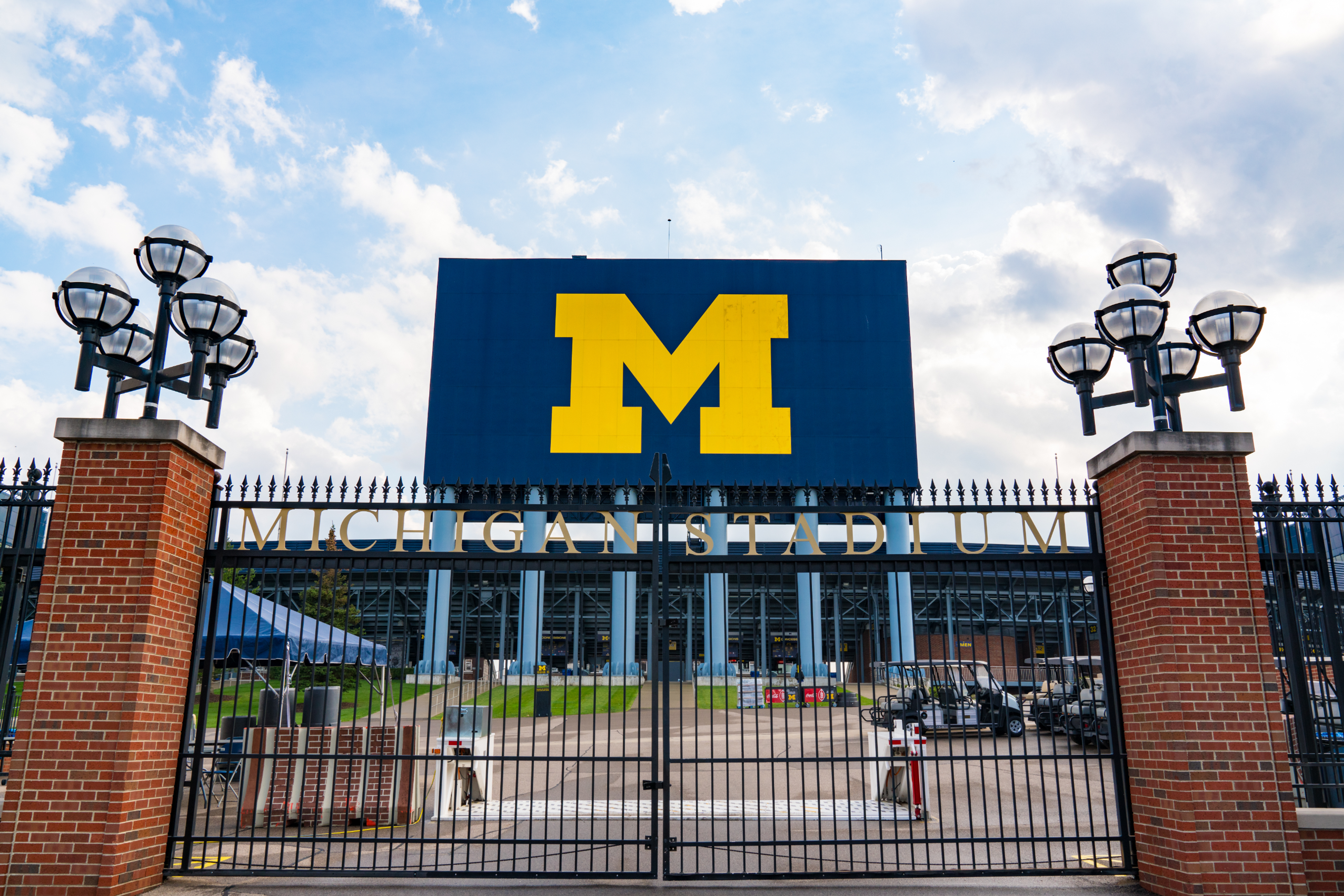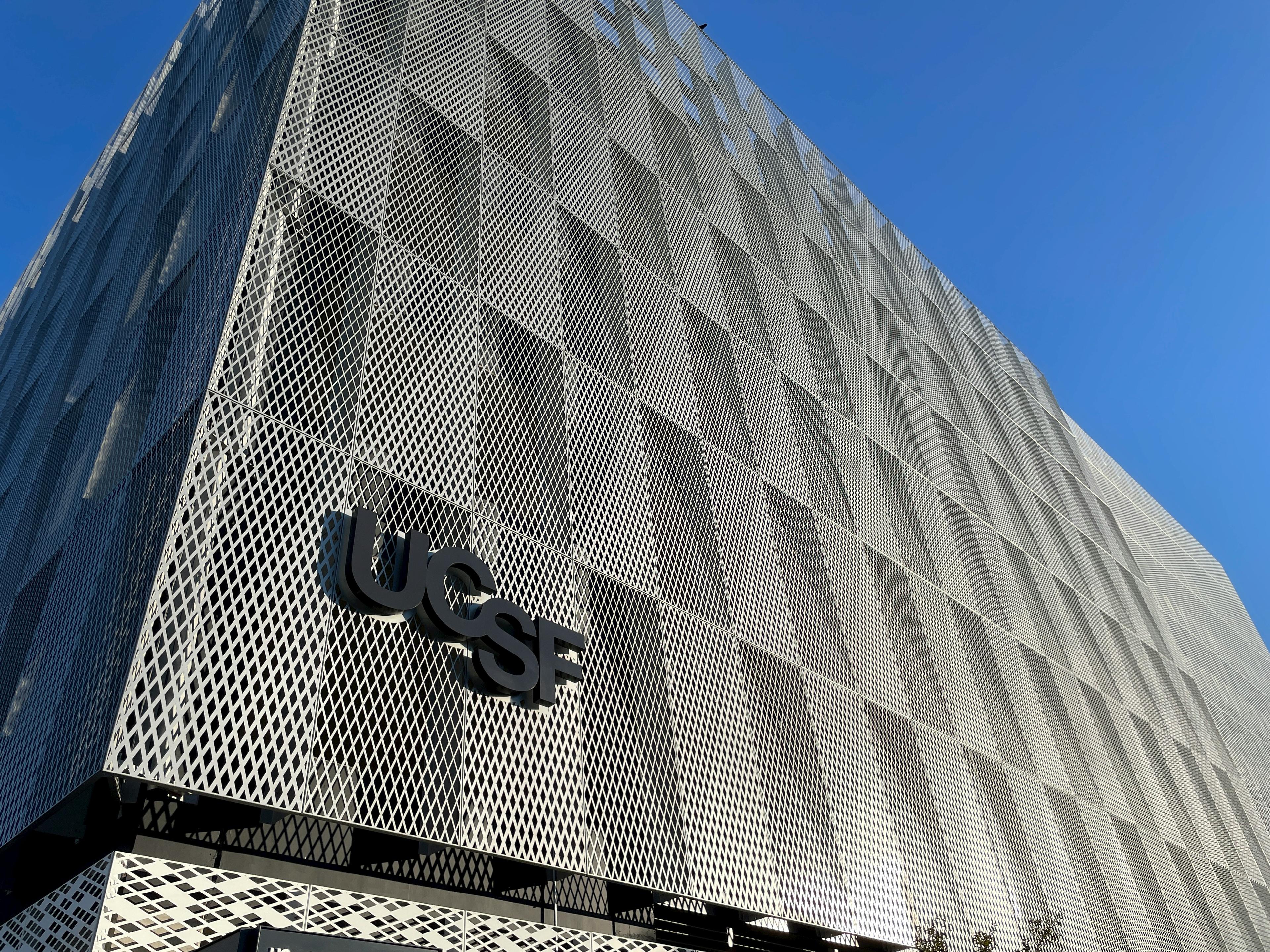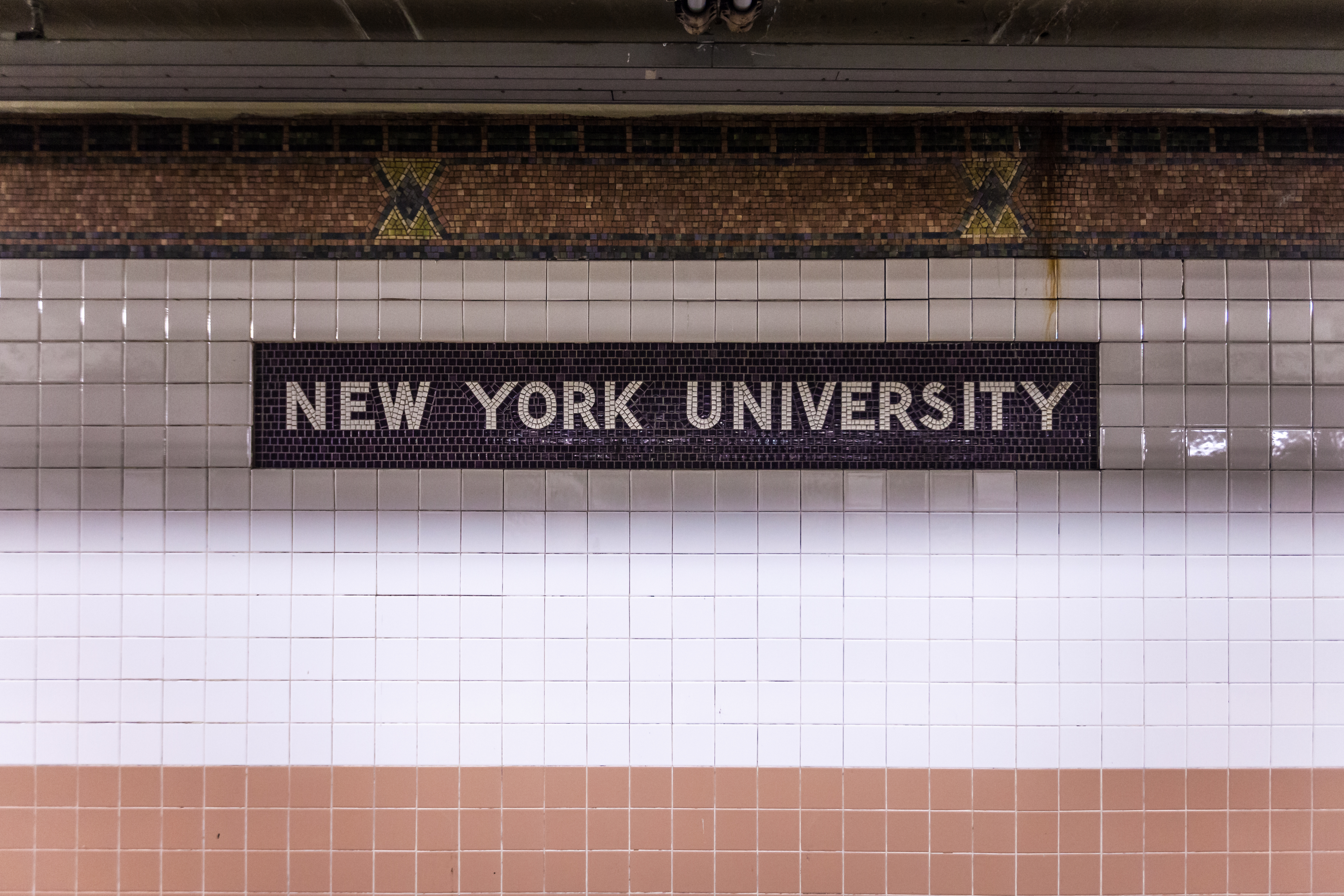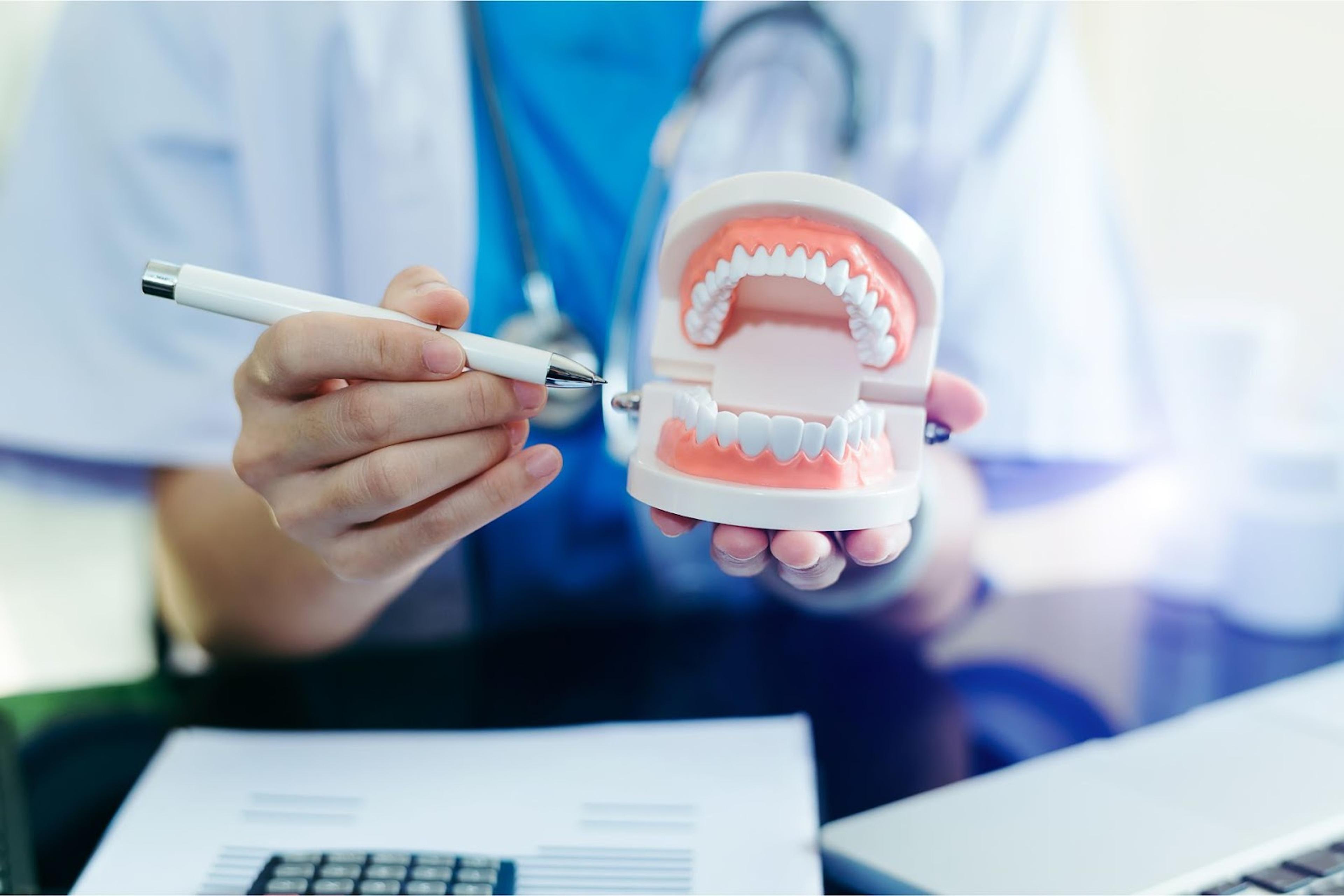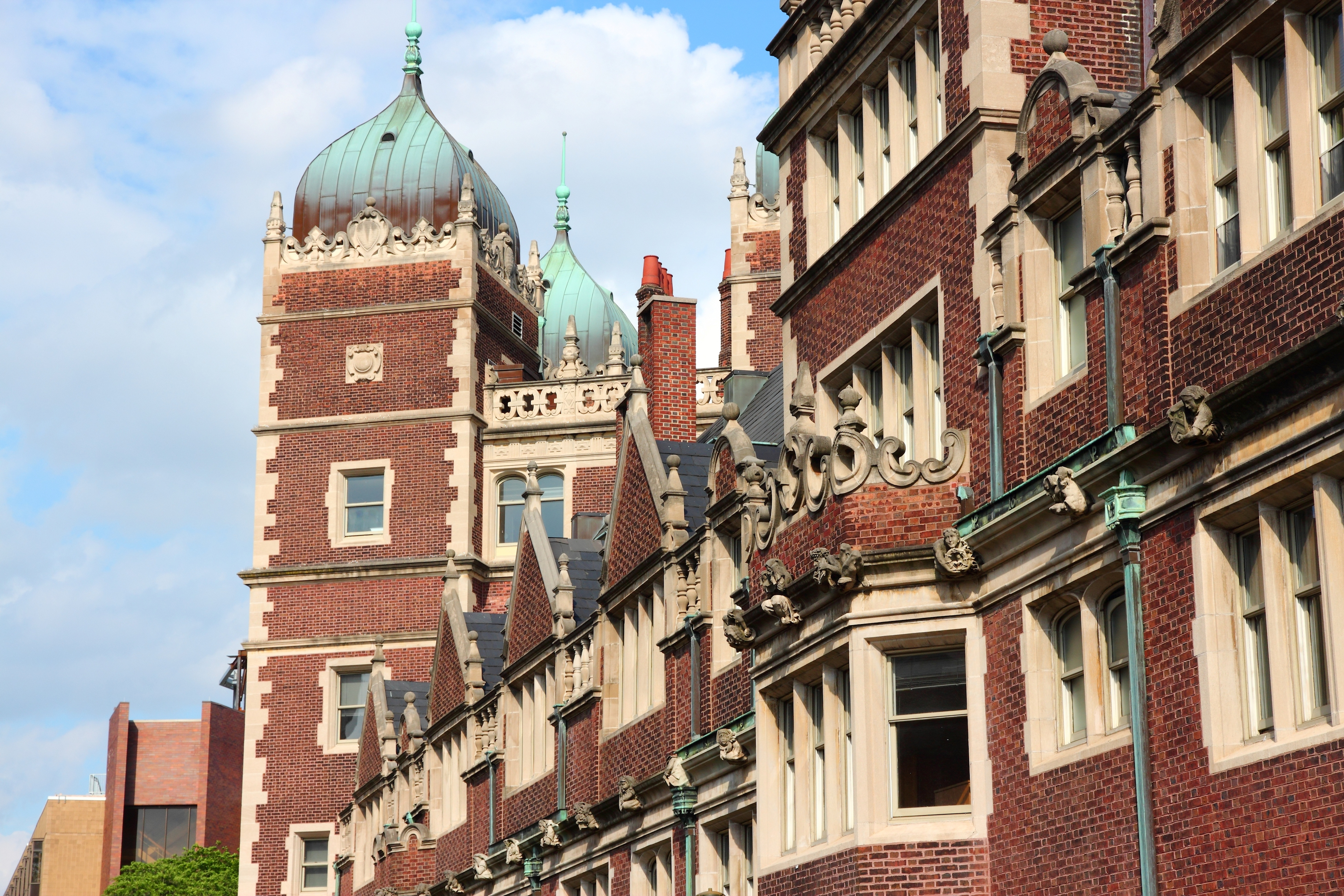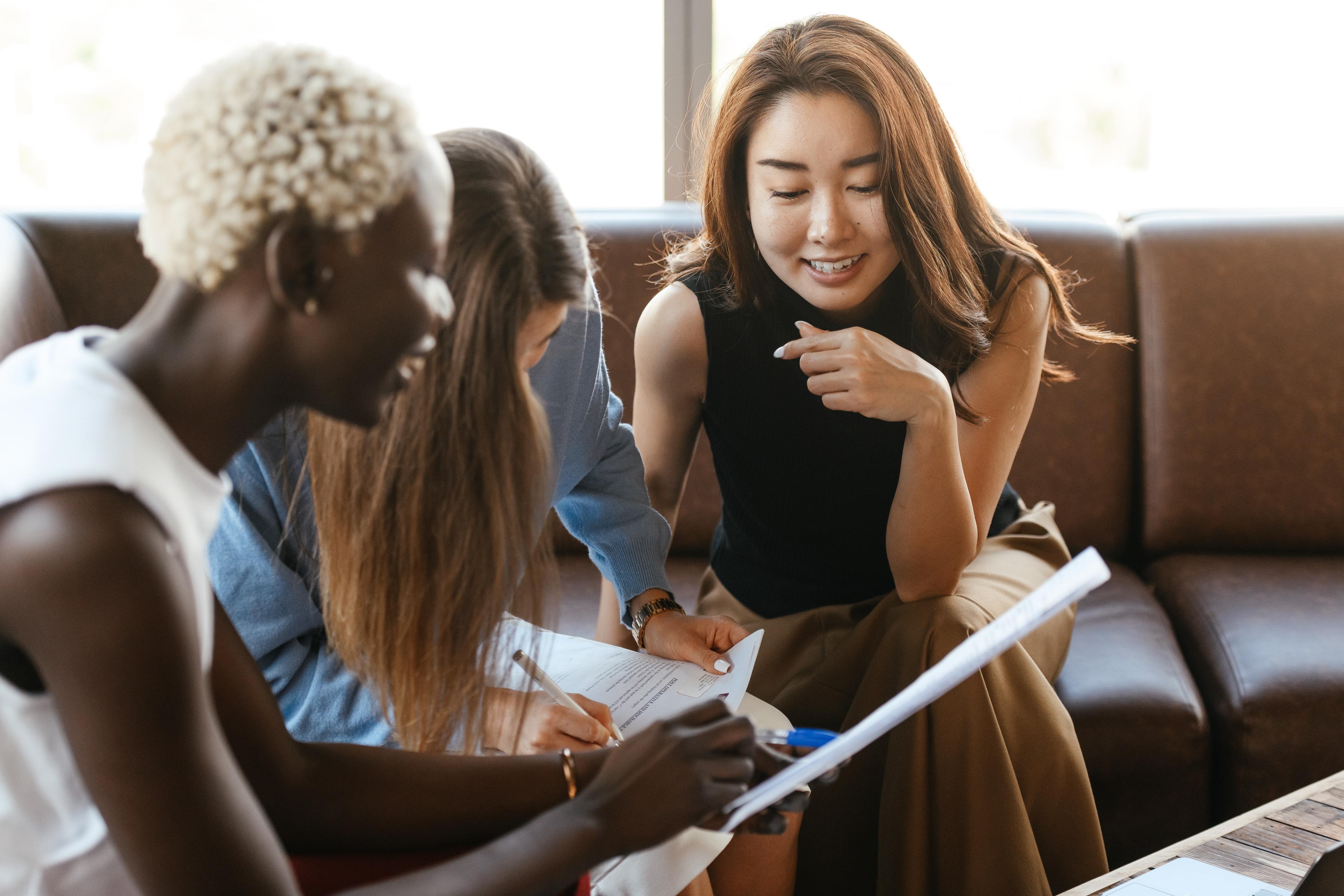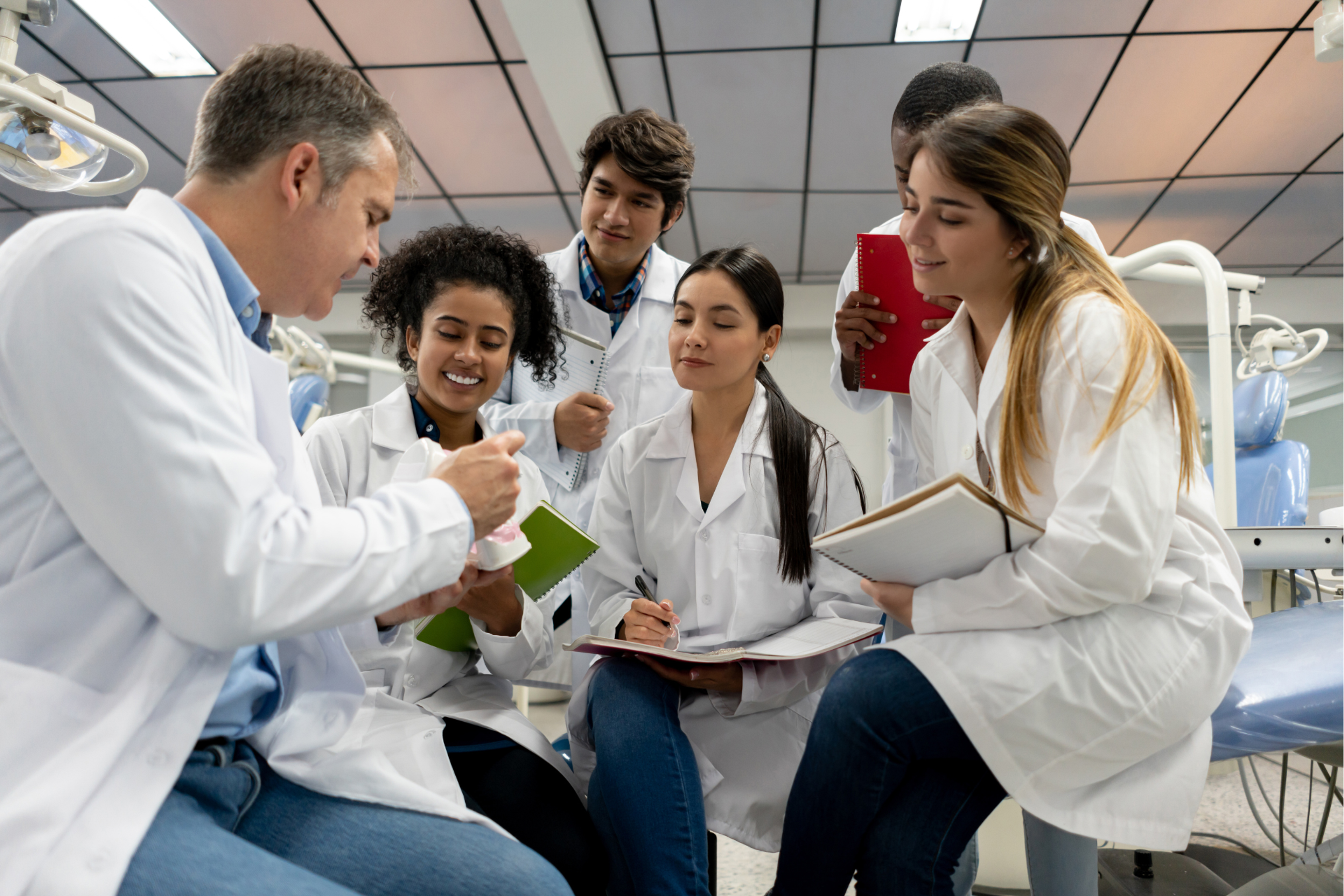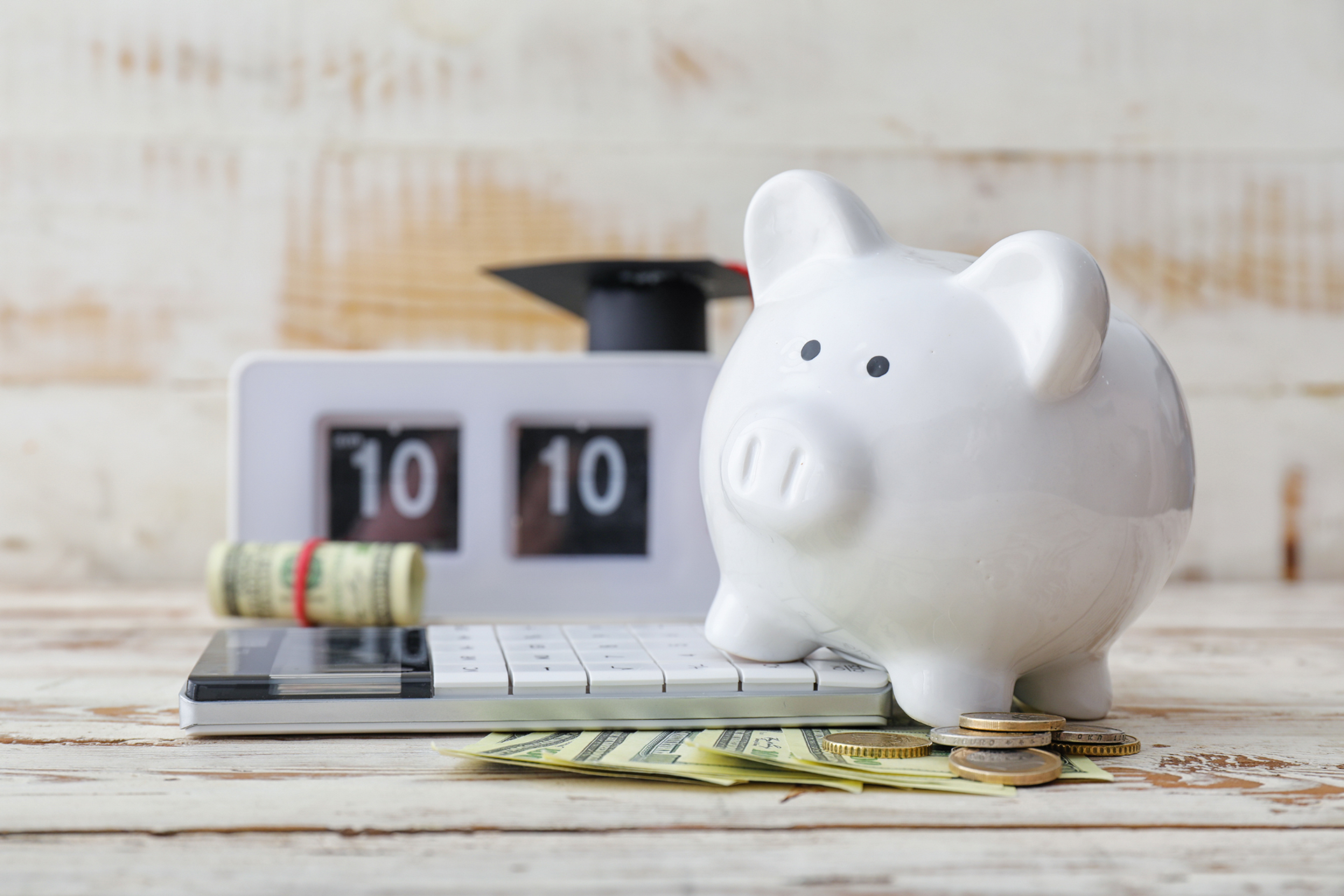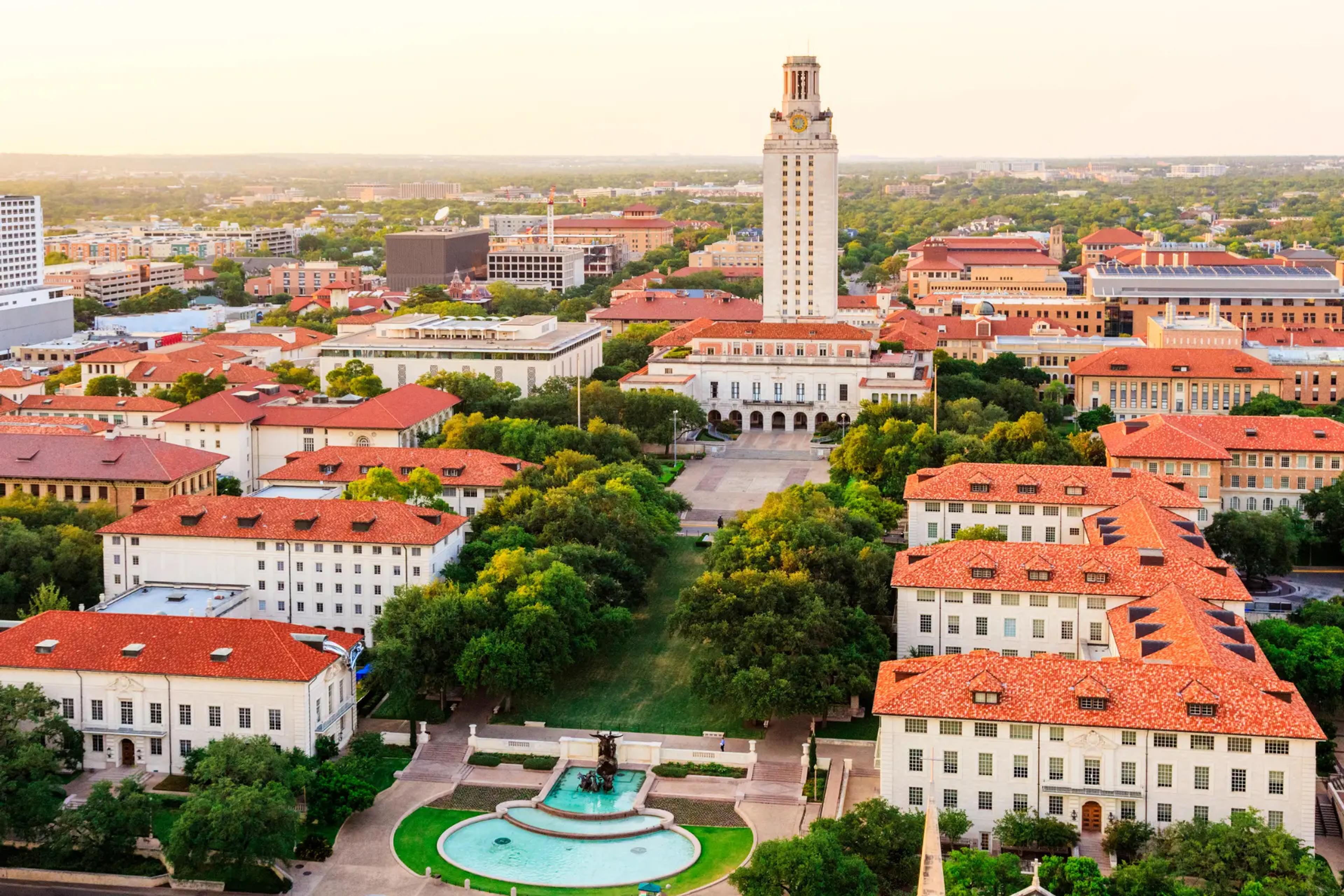University of Washington School of Dentistry: An Overview of Admissions Requirements
If you're considering applying to the University of Washington School of Dentistry, this article is a must-read.
Posted March 6, 2025
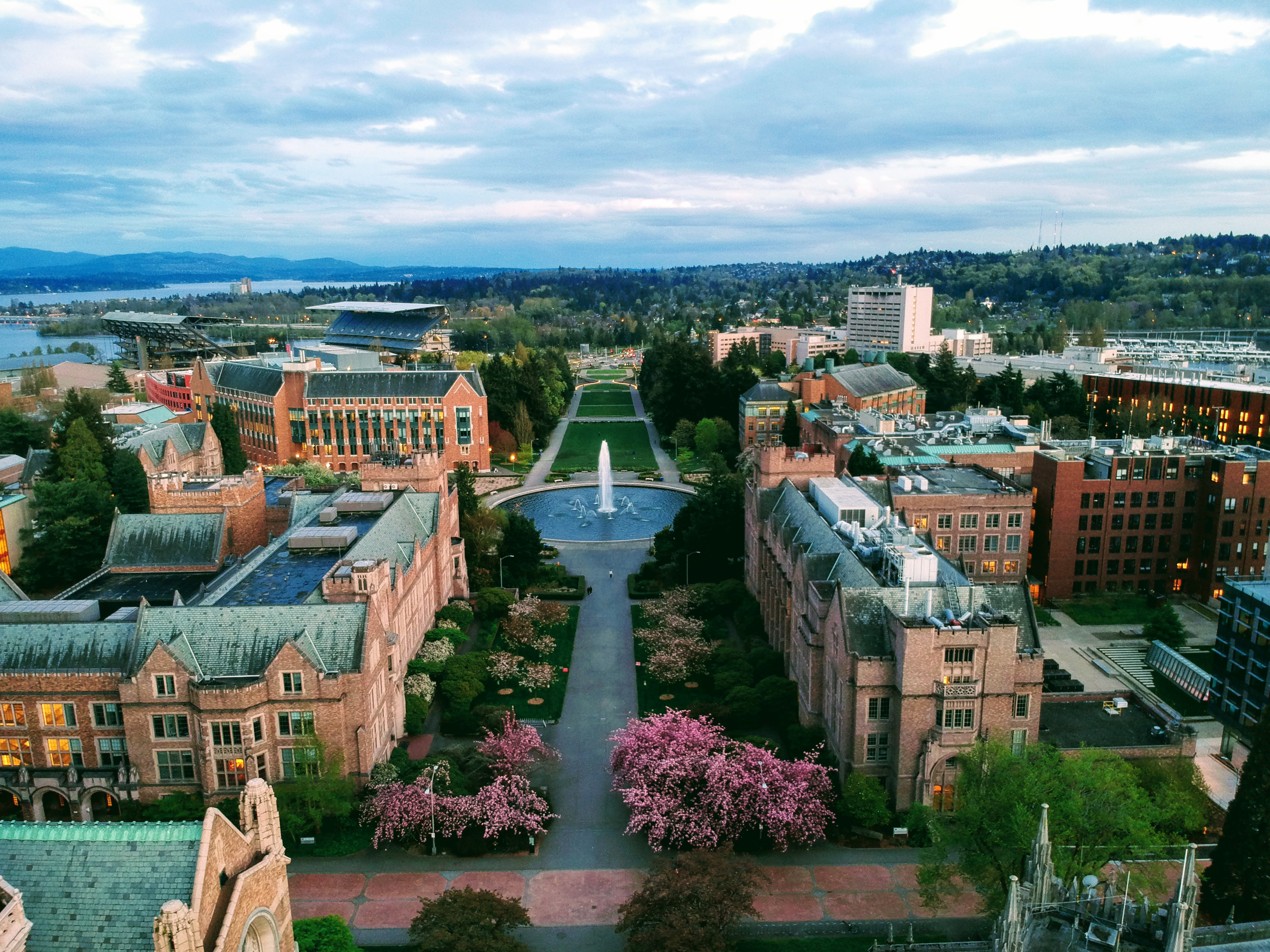
Table of Contents
The University of Washington School of Dentistry is a highly-ranked dental school that offers a rigorous dental education and training from world-class faculty that prepares students for successful dental careers. In this article, we’ll provide a detailed overview of the admissions requirements for the University of Washington School of Dentistry (UWSOD) and offer a comprehensive guide to help applicants navigate the application process.
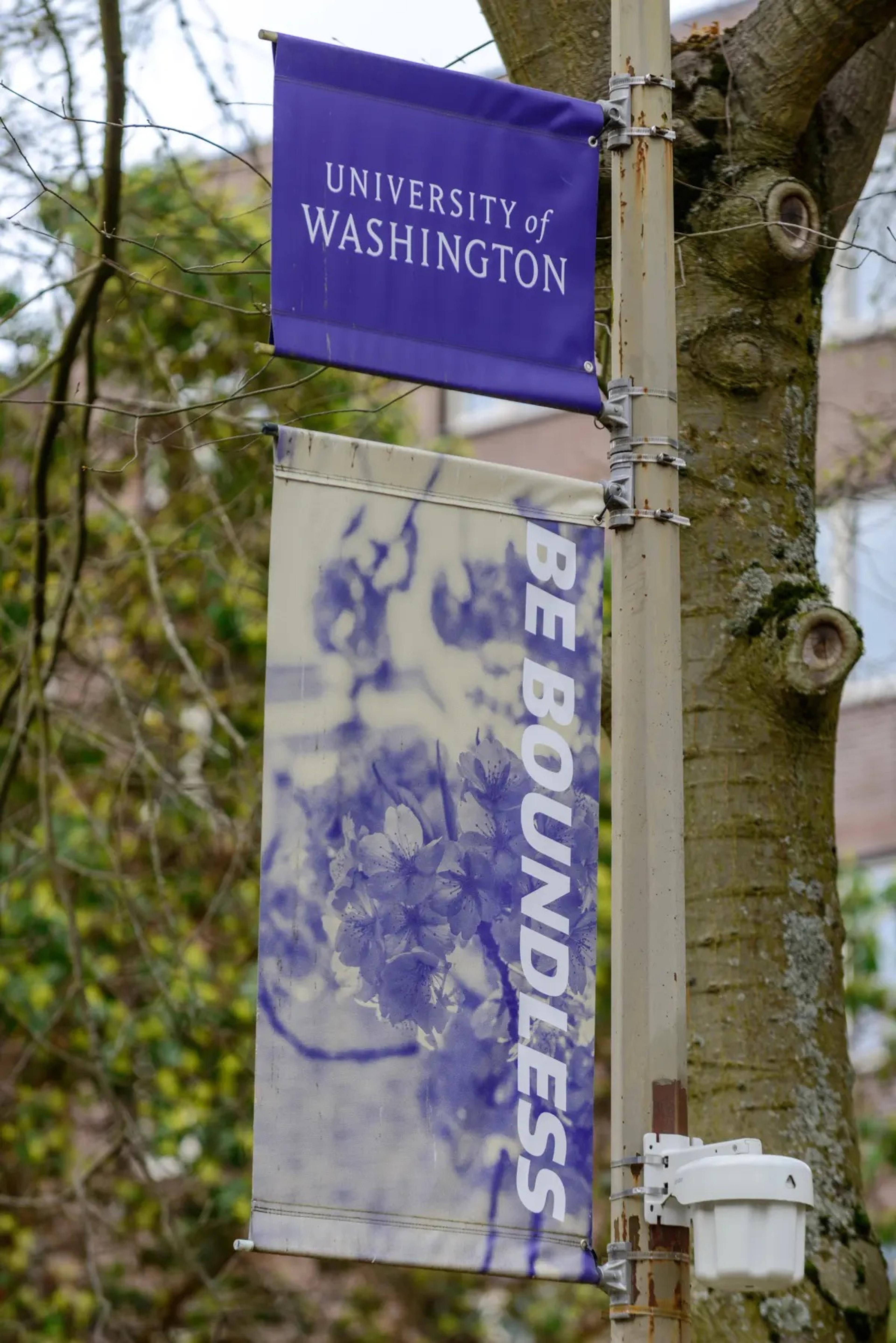
UW School of Dentistry Class Profile (Class of 2027)
- Applicants: 728
- Class Size: 63
- Acceptance Rate: 8.6%
- Female Students: 65.1%
- WA State Residents: 70%
UW School of Dentistry DDS Application Overview
Application Deadlines (2023-2024)
UWSOD, like most dental schools, accepts applications through the AADSAS, which opens in mid-May each year. The application is due by 9 PM Eastern Time on November 1 for each cycle. The admissions committee reviews applications on a rolling basis and notifies applicants of decisions between December 1 and March 15.
Academic Prerequisites
To be eligible to apply, you’ll need to complete the following academic prerequisites in the form of lecture courses at an accredited institution in the U.S. or Canada.
- General Chemistry (2 quarters/1 semester)
- Organic Chemistry (2 quarters/1 semester)
- General Biochemistry (2 quarters/1 semester)
- General Physics (3 quarters/2 semesters)
- General Biology or Zoology (3 quarters/2 semesters)
- General Microbiology (2 quarters/1 semester)
If you completed any of these courses at a community college, check the UW Equivalency Guide to see if they may be used to fulfill the requirements.

DAT Scores
You’ll need to submit an official score from a Dental Admissions Test (DAT) taken before the November 1 due date. While UWSOD does not have a minimum score requirement, it considers 19 to 21 a competitive score among its applicant pool.
Letters of Evaluation
Your letters of evaluation are the only part of the application that does not come directly from you, so it’s important you choose recommenders who know you well and can speak to your passion for dentistry. UWSOD will look for a sustained commitment to community service and a demonstrated effort towards increasing their knowledge of the dental profession through shadowing and dental related experiences in your three letters.
Supplemental Essay Questions
Like most dental schools, UWSOD no longer requires a secondary application. All supplemental application questions are now included in the AADSAS. The prompts are:
Embracing equity, diversity and inclusion is a value the UWSOD seeks to uphold in its teaching, service and research. We don’t take these values for granted, they are things that everyone in our dental school community must actively practice. If you are selected to be a member of the incoming predoctoral class, how would you contribute to developing and maintaining a sense of belonging for all of your classmates? What challenges do you think you might encounter? What benefits would you expect? (1500 characters) Service to others is highly valued at UWSOD. Please describe a memorable experience within the last two years in which your service to someone or to a community in need was enriching to the recipient(s) of your action. What was your motivation to pursue this particular area or theme of service and what was the most meaningful part of the service for you personally? (1500 characters) Please describe a challenge or barrier you have faced in your life. How has that influenced who you are today? (1500 characters) Is there an area of your application that you think is not an adequate representation of your abilities? If so, please explain. (1500 characters, optional)
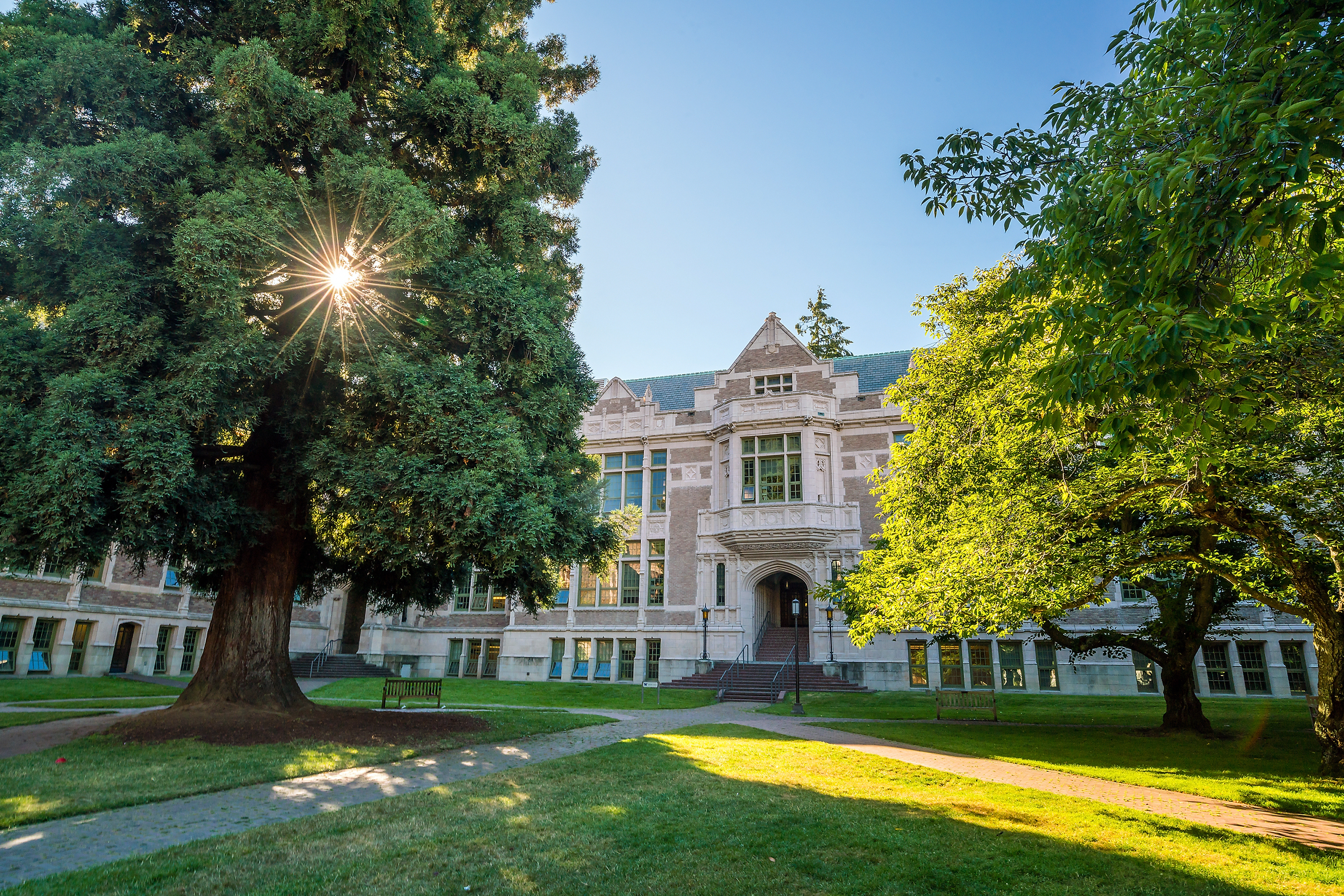
Other Application Materials
- UWSOD only requests official transcripts upon admission. Transcripts from all colleges or universities you attended should be submitted via AADSAS
- PSEP application (AK, AZ, HI, MT, NM, ND, and WY residents only)
- If you are applying as a resident from the states listed above, you are eligible for tuition savings at dental schools in WICHE member states, including UWSOD. You’ll need to submit your state PSEP application by October 15, then apply to UWSOD through the AADSAS
- Admission consideration is given to WA residents, then WICHE residents, then other applicants
Interview
About 15% of applicants are invited to interview each year. In recent years, UWSOD has switched to asynchronous assessments via Kira Talent, an online tool through which you’ll preview, prepare, and record your answers. The interview questions are mainly behavioral and will assess your personal characteristics, your passion for dentistry, and how you will fit into the UW dental community. If you are invited, you’ll also need to pay a $100 fee.
Our Tips for the UW Dental Interview
- Consider how you align with UWSOD’s mission, vision, and values in your own unique ways
- Mission: To advance oral and craniofacial health as a global leader in collaborative education, personalized patient care, commitment to serving community needs and continuous improvement through discovery and innovation
- Vision: To lead the achievement of optimal population health through accessible oral and craniofacial healthcare for all
- Values: Excellence, Collaboration, Service, Respect, Innovation and Integrity
- Practice! Although Kira Talent gives you time to practice before recording your answer, you should practice before beginning your assessment. Since most of the questions are behavioral questions, try utilizing mock interviews to present your best self
For more information about admissions requirements, see the University of Washington DDS admissions page.
Top Coaches
UW School of Dentistry DDS Program Overview
The Doctor of Dental Surgery program at UW operates on a quarter system over four years. The curriculum is divided into nine “threads”:
- Foundations of Human Health and Disease
- Dental and Maxillofacial Surgery
- Medical Management of the Dental Patient
- Dental Practice Management
- Health Promotion and Disease Prevention and Communication
- Ethics and Professionalism
- Critical Thinking
- Care of Diverse Populations
- Restoration of Form and Function
In the first year, students will learn the foundations of the biomedical sciences, oral health, and functions and diseases of the entire body. Second-years begin pre-clinical courses simulating the skills they will go on to practice in D3 and D4.
Third-years will work with patients through specialty-focused clerkships, such as pediatric dentistry and orthodontics, under the supervision of faculty members in the Dental Urgent Care Clinic, Oral Surgery Clinic, and Predoctoral Dental Teaching Clinic at the Magnuson Health Sciences Center. They’ll also prepare for two exams required for graduation: the UW Global OSCE and the ADA INBDE. Fourth-years will complete rotations in general practice models simulating real-world private practices and work directly with patients in community, tribal dental, or private practice clinics in a service learning rotation in an underserved and rural community outside of Seattle.
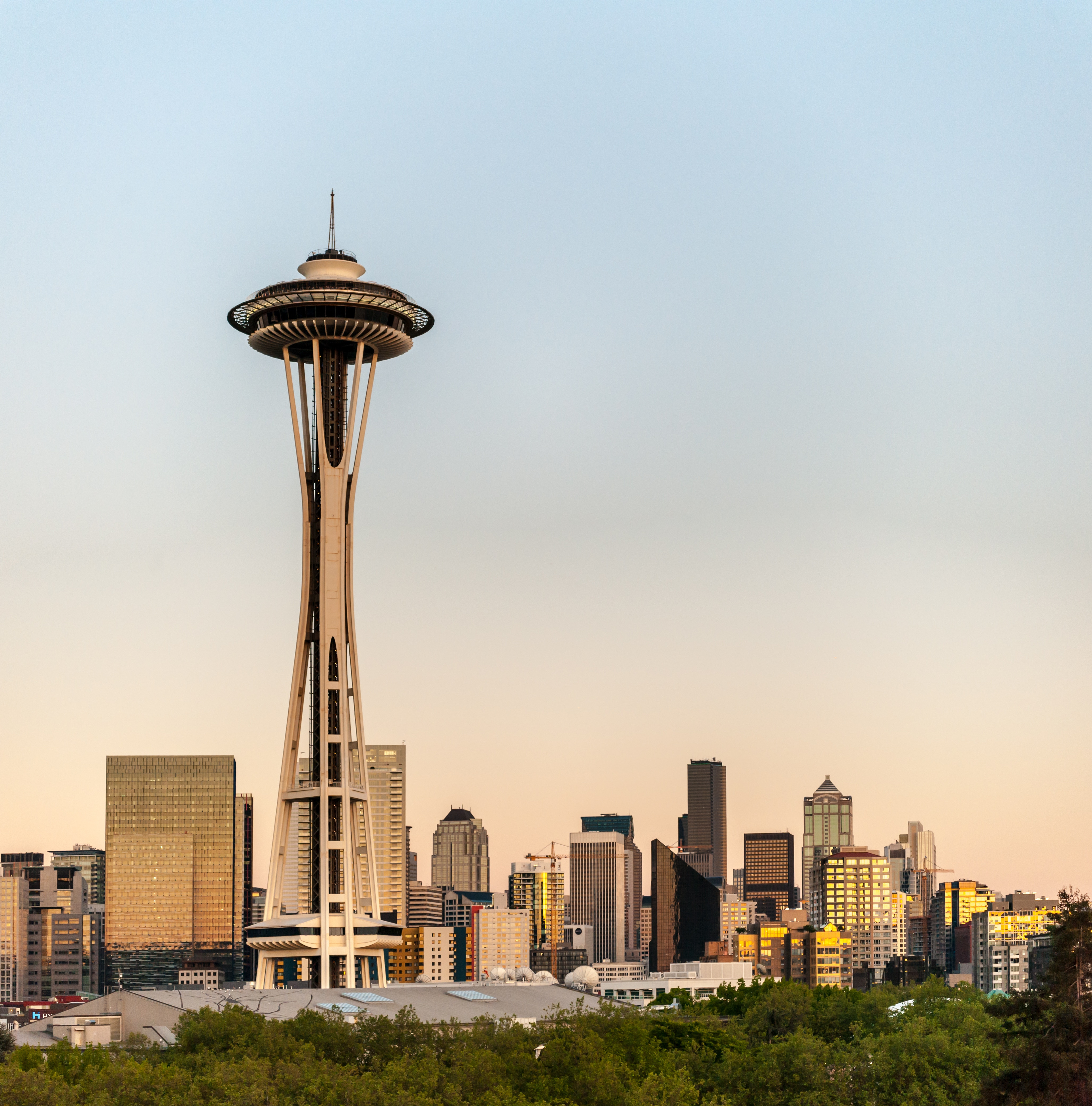
RIDE Program
For students interested in working with rural and underserved populations in Washington after graduation, UWSOD strongly recommends applying to the Regional Initiatives in Dental Education (RIDE) program, operated with the UW School of Medicine WWAMI program and Eastern Washington University. RIDE students will train in Seattle, Spokane, and rotations in Central and Eastern WA and practice in community settings to meet the unique oral health needs of rural and underserved communities throughout the state.
To apply to the RIDE program, you’ll first complete the regular SOD application, then complete a supplemental essay expressing your interest in RIDE. You’ll be assessed for admission into RIDE after acceptance into the School of Dentistry.
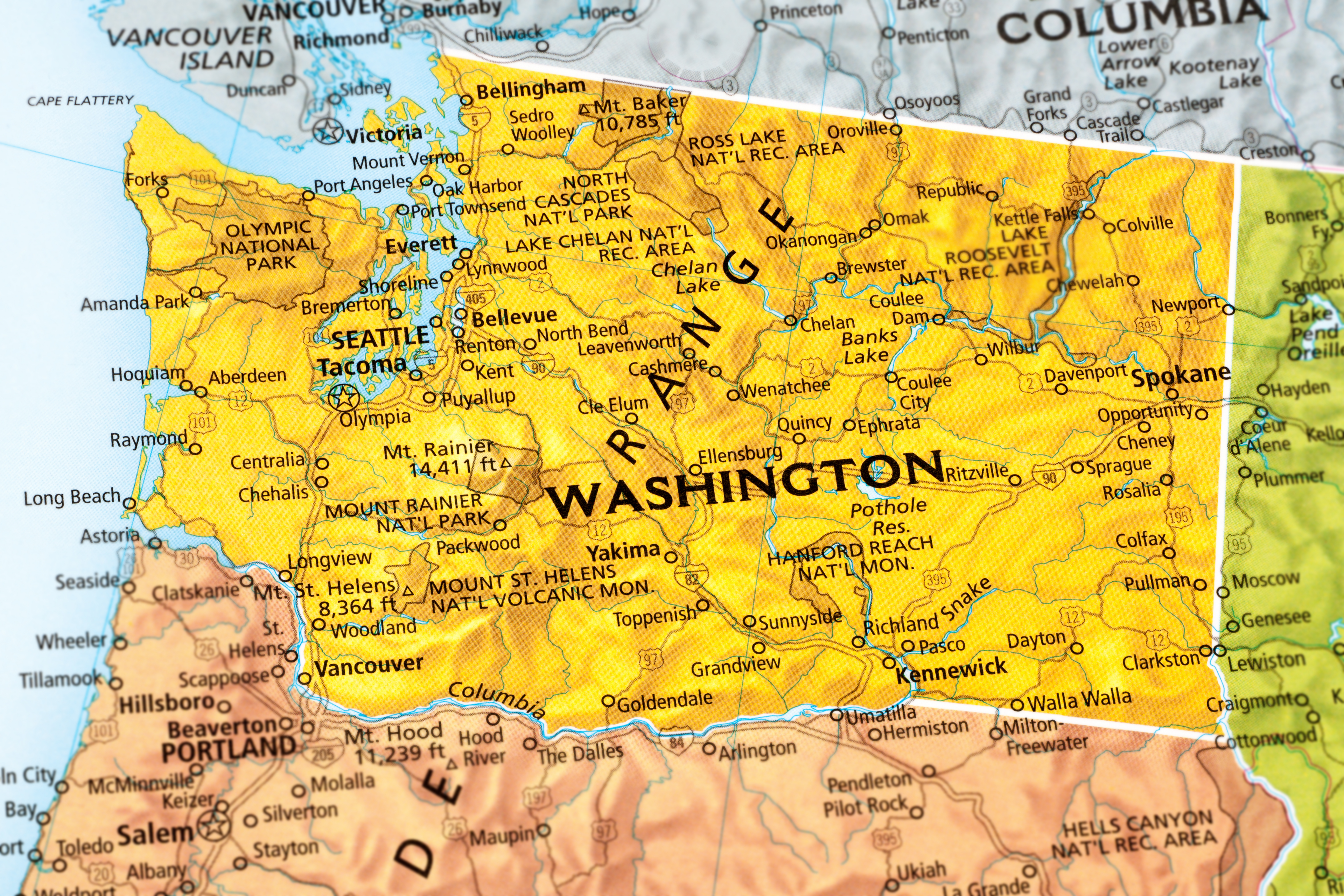
Research Opportunities
UWSOD students have a breadth of research opportunities, such as:
- The Summer Research Fellowship (SURF)
- Summer quarter research work with a faculty member for D4s
- Volunteer and paid opportunities in labs
- Advanced education programs
- Opportunities through the AADOCR National Student Research Group
Cost of Attendance
As a public institution, UWSOD is relatively more affordable, especially for WA residents. However, the cost of attendance is still a significant financial burden for most. Below are the projected costs for the four-year program.
| D1 | D2 | D3 | D4 | |
|---|---|---|---|---|
| WA Resident Tuition & UW Fees | $56,530 | $65,320 | $65,308 | $60,456 |
| Non-resident Tuition & Fees | $84,926 | $98,135 | $98,135 | $98,135 |
| Required Equipment, Books, & Other Fees | $12,428 | $12,428 | $7,501 | $7,501 |
Applicants are encouraged to apply for financial aid through FAFSA and external scholarships, loan repayment programs, and grants.
FAQs
Q: Is the UW DDS program accredited?
- A: Yes, the program has CODA accreditation, so it fulfills the educational requirements for licensure in the U.S. However, if you are planning on practicing outside of Washington, you should check the specific requirements of the state licensing board.
Q: Can I apply as an international student?
- A: Yes, but you’ll need to have completed the academic prerequisites at a U.S. or Canadian institution. Priority is given to in-state, then WICHE applicants in the admissions process. If you completed a foreign dental program and are looking to practice in the U.S., you should apply for the International DDS program instead.
Q: Where do service learning rotations take place?
- A: Most locations are in-state and outside of Seattle, with a few locations in Montana.
For more resources to help you on your dentistry journey, check out these articles:

